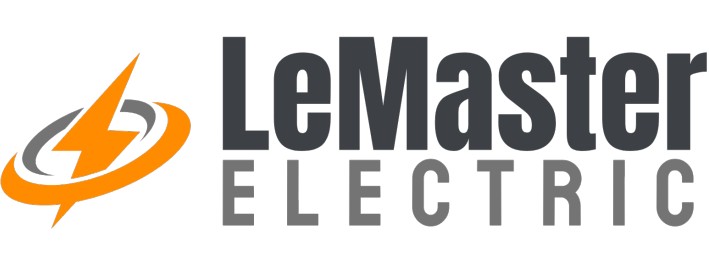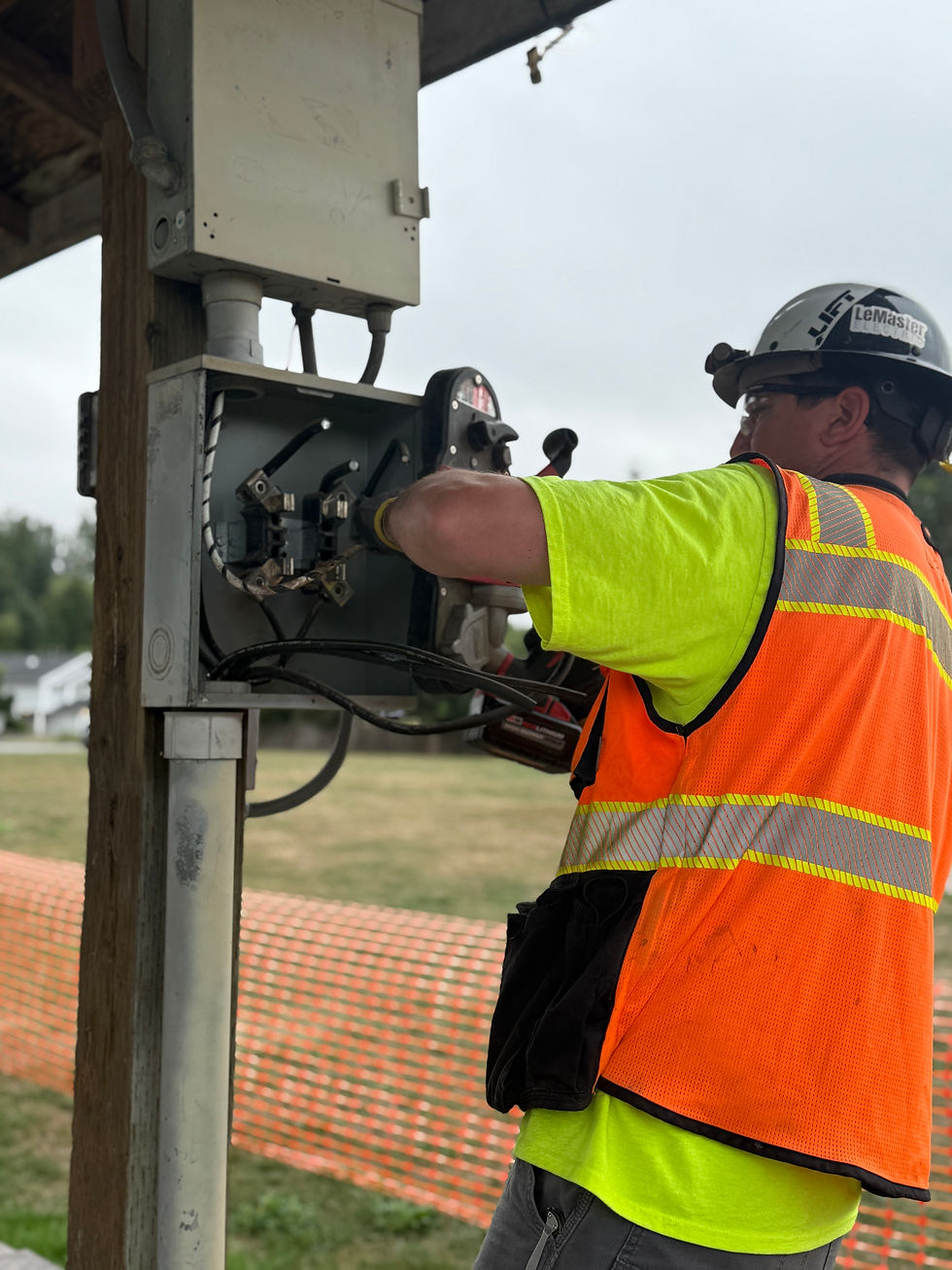Policy & Rule Making
Contractor Registration & Licensing Changes in Washington: What Commercial Firms Should Watch

Introduction
In Washington, every contractor — including electrical firms — must stay registered and licensed through the Department of Labor & Industries (L&I). This ensures companies are properly bonded, insured, and accountable to state safety and labor standards.
But rules change. L&I has recently proposed updates to the contractor registration process, including new definitions, stricter penalties, and bond requirements. For commercial projects, these updates matter because a single lapse in registration can delay inspections, stall permits, or even halt construction altogether.
Here’s what’s changing, what it means in plain terms, and how it could affect your projects.
What the Proposed Rule Changes Include
Updated Definitions
L&I is tightening how contractor types are defined (general vs. specialty contractors).
This may change which licenses or endorsements a contractor needs to legally perform specific scopes of work.
Why it matters: An electrical contractor may not be able to legally take on certain low-voltage or specialty tasks without the correct classification.
Bond Requirements
Contractors must carry a bond — basically a financial guarantee that protects clients and employees if the contractor fails to complete work or pay wages.
The proposed changes could increase required bond amounts for some categories.
Why it matters: Smaller contractors may face higher costs to stay registered, which could impact project pricing or limit who qualifies to bid.
Stricter Penalties
Contractors found operating without proper registration may face tougher penalties, including larger fines or stop-work orders.
Why it matters: If a subcontractor’s license lapses mid-project, your entire job site could be red-tagged until it’s resolved — costing days or weeks of delay.
Real-Life Scenario
Imagine you’re managing a commercial office build-out. You bring in a smaller electrical subcontractor to handle part of the job. Halfway through, an inspector discovers the subcontractor’s bond expired under the new rules.
The subcontractor is pulled off the job immediately.
Work in that area stops until they fix their registration.
Your inspection is delayed, pushing back occupancy for the tenant.
You face unexpected costs — not because the work was poor, but because the paperwork wasn’t current.
This is exactly the type of risk the updated rules are meant to prevent, but it shows how even good contractors can get caught off guard.
Why This Matters for Commercial Projects
Delays Are Expensive: Even a one-week delay can mean lost rent for property owners or penalties for general contractors.
Compliance Is Shared: If your subcontractor fails compliance, it’s your project that suffers.
Risk Management Is Essential: Property managers, owners, and GCs should verify that every contractor on site is fully registered and bonded — before and during the job.
How Contractors and Project Owners Can Prepare
Verify Before You Hire: Always check contractor registration and bonding status on L&I’s public database.
Monitor Subcontractors Ongoing: Don’t assume compliance lasts for the entire project — verify bond and license status mid-project as well.
Work With Compliance-Driven Contractors: Choose firms that have internal systems to track license renewals and bond requirements.
Why Work with LeMaster Electric?
At LeMaster Electric, compliance is built into our process. We:
Maintain active registration, bonding, and insurance with L&I at all times.
Pre-qualify subcontractors to ensure they are licensed and compliant.
Monitor rule changes so clients don’t face unexpected surprises.
When you work with us, you don’t just get an electrical contractor — you get a partner who understands the policy side of construction and ensures your project won’t be derailed by paperwork problems.
Conclusion
Washington’s updates to contractor registration rules (WAC 296) show how important it is to stay ahead of compliance. Whether it’s bond requirements, license classifications, or penalty enforcement, the cost of missing a detail is high: stalled projects, failed inspections, and financial risk.
By partnering with LeMaster Electric, you gain peace of mind knowing your contractor — and the subcontractors we oversee — are fully compliant, fully licensed, and ready to deliver safe, code-approved work on schedule.
Recent posts
Aging Electrical Infrastructure: Risks Emerging in Mid-Life Commercial Buildings
Many commercial buildings constructed between the 1980s and early 2000s are now entering a mid-life phase for their electrical infrastructure. While these systems may still be operational, the conditions under which they were designed often no longer reflect current usage.
Emerging Challenges in Temporary Power Safety on Construction Sites
Temporary power systems on construction sites are carrying more responsibility than ever before. What was once limited to basic lighting and hand tools now routinely supports heaters, lifts, temporary HVAC, testing equipment, and high-demand specialty trades.

%20(1).webp)


